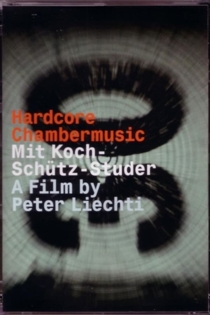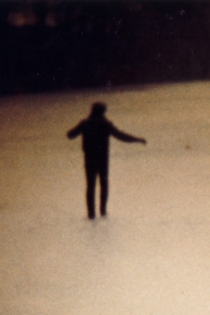
Peter Liechti
2021Ausflug ins Gebirge
Peter Liechti
While on vacation, a man takes an excursion to an unfamiliar neighbouring country. There, in the alpine confinement, he finds an ideal echo for the rage he had brought with him: rage towards the mountains, civilisation and mentality. At times, a sense of glee even surfaces with this unbridled rage. He needs these forays into the mountains. He uses his anger to get to the bottom of his discomfort.
A Trip to the Mountains
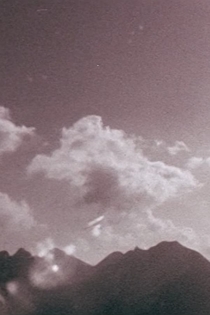
Kick That Habit
Peter Liechti
Norbert Möslang, Andy Guhl
Kick That Habit is a 1989 film by PETER LIECHTI, an audio-visual portrait of his native country, eastern Switzerland. The film collects samples from the land-and-soundscape, underscoring in the process the oft-ignored industrial underpinning of our latter-day culture. Also native to eastern Switzerland is VOICE CRACK, the everyday household electronics duo of NORBERT MOSLANG and ANDY GUHL, whose musical workings are explored as part of Liechti s vision. Whether clicking quietly and rhythmically or humming and shrieking at ear-splitting volume, their recycled electronics produce innovative sounds and provide an appropriate accompaniment in this cinematic search for the detritus of our culture, the lost and destroyed remains of the last century of progress.
Kick That Habit
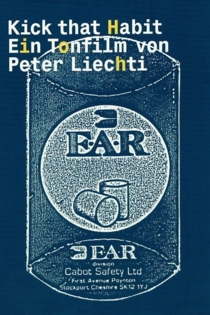
Signers Koffer - Unterwegs mit Roman Signer
Peter Liechti
Roman Signer
SIGNERS KOFFER is a kind of road movie across Europa. From the Swiss Alps to eastern Poland, from Stromboli to Iceland. Always following the scenery's magically charged contours. Immersing yourself, letting yourself be infected, then travelling on. Roman Signer determines the route that we are moving on and the film improvises along the way. Being on the road also means tracking down the right places. Signer brings them alive using his own personel instruments, brilliantly simple operations full of subtle humour. «Simple» poems being transmitted into space with INSTRUMENTS as gunpowder, fuse, rubber boots, balloons, stool, small table ... and a three wheelded Plaggio. SIGNERS KOFFER is also a journey through the state of mind. A tightrope walk between fun and melancholy. Danger also mental mental danger becomes the stimulus of the senses. Sudden crashes, abrupt chagnes of mood determine the rythm and atmosphere of this cinematic journey.
Signer's Suitcase
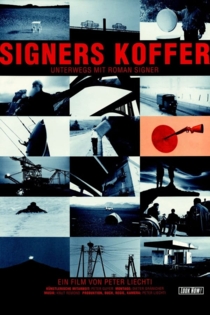
Hans im Glück - Drei Versuche, das Rauchen loszuwerden
Peter Liechti
After 30 years of chain smoking, Swiss filmmaker Peter Liechti sets out on a journey - three times! - to wean himself off cigarettes. He departs from Zürich and walks to St. Gallen, the place were he grew up und also the place where he started smoking. On his pilgrimage through Switzerland he hopes to find the root of his addiction and waits for a final catharsis to release him. Time and time again though, his sympathy for other smokers and disdain for goody-goody non-smokers gets in the way. And time after time his nicotine addiction gets the best of him. His three attempts to quit by walking it off, turn into an expedition of Liechtis home country. He gives a declaration of independence but also a confession of love to Switzerland.
Lucky Jack: Three Attempts to Stop Smoking
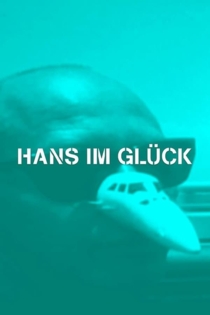
Martha's Garden
Peter Liechti
Nina Hoger, László I. Kish
Since weeks it’s cold and wet. It’s already late, Karl Winter is on his way home. Under dark circumstances he accidentally meets a woman of mysterious fascination – Martha… And so begins a love story of fatal dynamics which throws Karl far off the tracks of reason. Wicked dreams and subliminal changes in Karl’s surroundings confirm his feelings that with Martha the uncanniness has also entered his life.
Martha's Garden
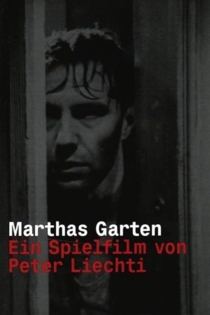
Vaters Garten - Die Liebe meiner Eltern
Peter Liechti
The father tends his large garden with the utmost precision. The mother irons shirts and regrets that the father never wears T-shirts. The father likes order, always knows best, and has everything under control. The mother prays and talks of her loneliness. The two are fundamentally different, have opposing views and interests, and have been married for 62 years. Closely knit yet poles apart: this is the ambivalent standpoint from which Peter Liechti turns his lens on his elderly parents and the story of their marriage. Alongside conversations that shift from slapstick to insanity and observations of daily life in his parents’ cramped, lower middle class apartment, a puppet theatre is also established as a second location. This forms the stage for scenes between mother and father to be reenacted by rabbit puppets; as a puppet, the son can also react in explosive fashion.
Father's Garden: The Love of My Parents
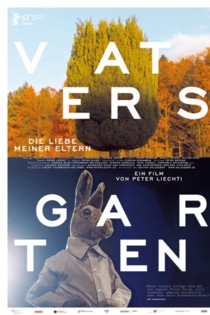
The Sound of Insects: Record of a Mummy
Peter Liechti
Peter Mettler, Alexander Tschernek
The incredible story of how the mummified corpse of a 40-year-old man was discovered by a hunter in one of the most remote parts of the country. The dead man's detailed notes reveal that he actually committed suicide through self-imposed starvation only the summer before. Liechti's film is a stunning rapprochement of a fictional text, which itself is based upon a true event: a cinematic manifesto for life, challenged by the main character's radical renunciation of life itself. (peterliechti.ch)
The Sound of Insects: Record of a Mummy
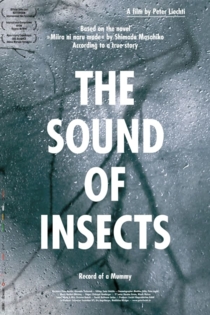
Namibia Crossings
Peter Liechti
Fredy Studer, Hans Hassler
“Namibia Crossings” takes a trip through a country of archaic beauty and bizarre contradictions. The film creates polyphonies of soulful landscapes made up of each individual's highs and lows.
Namibia Crossings
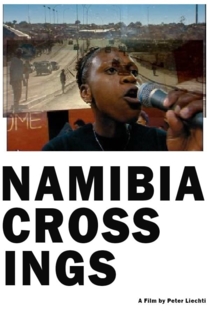
Théâtre de l'Espérance
Peter Liechti
The film is set to bring forward once again the well-worn images of the summit talks between Reagan and Gorbachev in Geneva. It is a reproduction of the days during the summit. On the one hand, pictures are gathered from the perspective as an onlooker in Geneva, on the other hand, the old television footage is processed.
Theatre of Hope
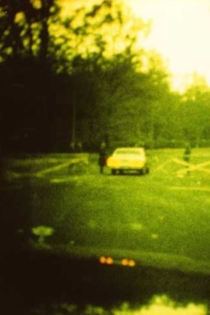
Grimsel
Peter Liechti
Grimsel-West was the name of a project for the expansion of the hydroelectric plant in the Hasli Valley. Submitted on 30 June 1988, its realization seems fairly improbable for the moment. Originally conceived as an expression of opposition to the construction of a new dam, the film tries to fathom the undercurrent of apprehension caused by such plans to exploit the environment.
Grimsel
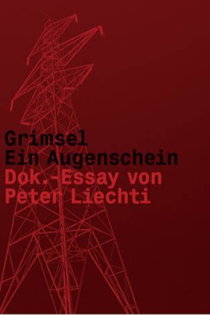
Tauwetter
Peter Liechti
When the snow melts and the hills of Appenzell are dotted with green and white, buckets of water slowly make their way up and down the slope. After a time, the gentle movement turns into violent swaying. Shots ring through the air, the buckets are punctured. Slowly the water begins to flow. This is the high point of a ritual that begins deep within the bowels of the mountain. Then trails of water spurt through the air to the thawing slopes and the water begins to gush, nearly causing the well in the valley to overflow.
Tauwetter

